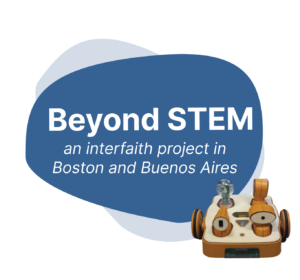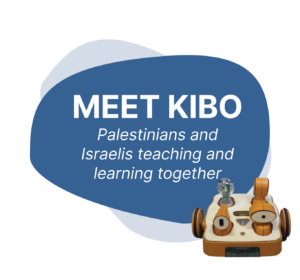How can we teach human values and support character development through computer programming, making and robotics? Can coding serve as a bridge to get to know and collaborate with others who are different from us?
These questions are explored in Marina Bers’ Beyond Coding: How Children Learn Human Values through Programming book published in 2022 by The MIT Press. The book shares stories of children, families and teachers from different cultures, countries and religions, who speak different languages, and come together to make expressive projects by learning a new shared language: computer programming.
Currently, the growing push for STEM education focuses on technical knowledge and skills, but it usually ignores the need to cultivate character virtues alongside technical skills, so we can become better citizens and human beings.
The new generations will engineer smart objects, design smart cities and make bioengineering devices. At the same time, they will need to address the complex ethical questions regarding how those technologies will be used towards a greater good in our complex, pluralistic societies.
Research Studies


